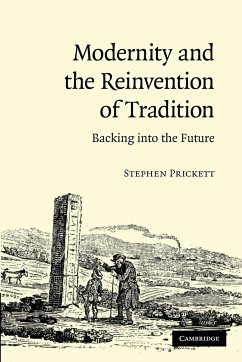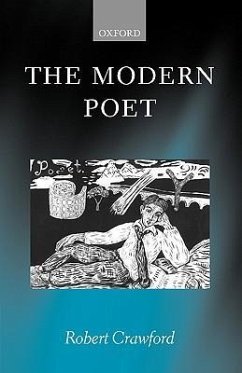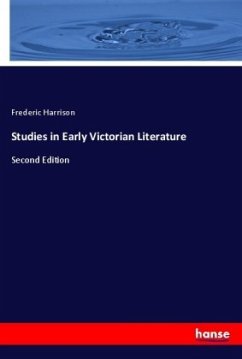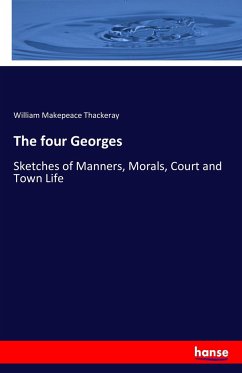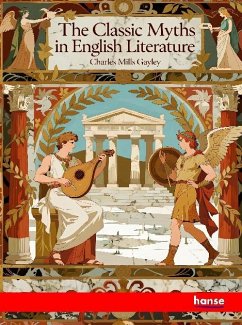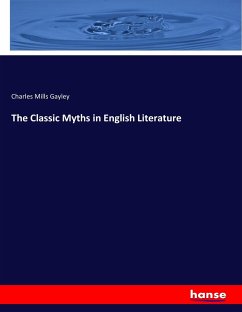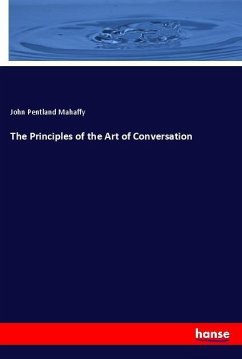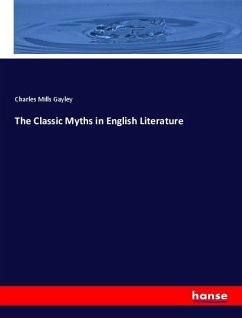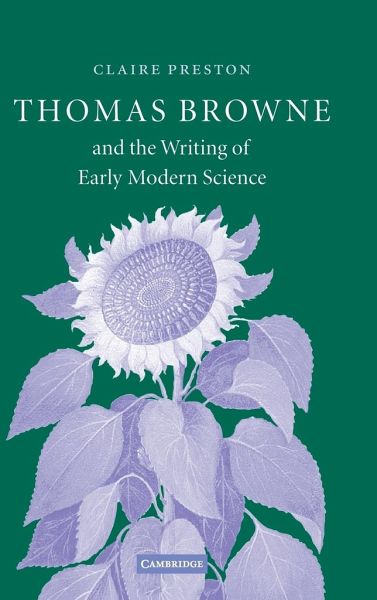
Thomas Browne and the Writing of Early Modern Science

PAYBACK Punkte
38 °P sammeln!
Claire Preston argues that Thomas Browne's work can be fully understood only within the range of disciplines and practices associated with natural philosophy and early modern empiricism. Early modern methods of cataloguing, collecting, experimentation and observation organised his writing on many subjects from medicine and botany to archaeology and antiquarianism. Browne framed philosophical concerns in the terms of civil behaviour, with collaborative networks of intellectual exchange, investigative selflessness, courtesy, modesty and ultimately the generosity of the natural world itself, all ...
Claire Preston argues that Thomas Browne's work can be fully understood only within the range of disciplines and practices associated with natural philosophy and early modern empiricism. Early modern methods of cataloguing, collecting, experimentation and observation organised his writing on many subjects from medicine and botany to archaeology and antiquarianism. Browne framed philosophical concerns in the terms of civil behaviour, with collaborative networks of intellectual exchange, investigative selflessness, courtesy, modesty and ultimately the generosity of the natural world itself, all characterising the return to 'innocent' knowledge, which, for Browne, is the proper end of human enquiry. In this major evaluation of Browne's oeuvre, Preston examines how the developing essay form, the discourse of scientific experiment, and above all Bacon's model of intellectual progress and cooperation determined the unique character of Browne's contributions to early modern literature, science and philosophy.





